The Surprising Reason You Should Never Drink Directly from a Can
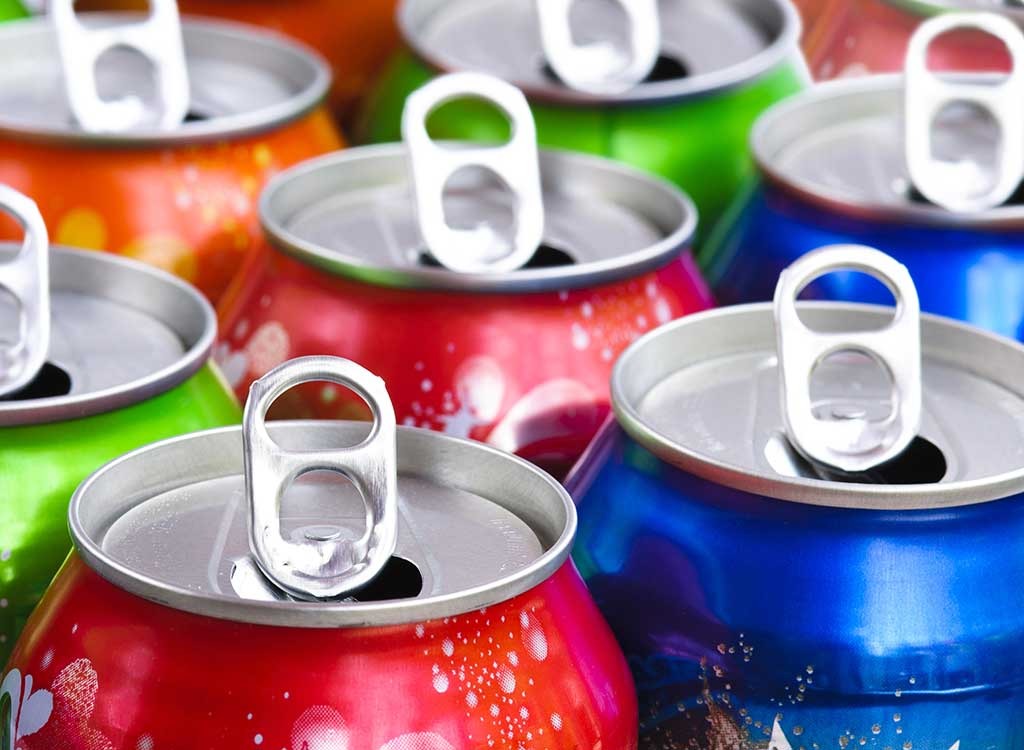
We’ve all been there: You crack open a nice, frosty beverage in an aluminum can and then pull back the tab only to see a nice layer of grime wedged all along the lip. Disgusted, you dump out the beverage and toss the can into the recycling bin.
When you think about it, it’s not surprising to find filthy cans of soda. They go from the production line in a factory to a warehouse to a shelf at your grocery. Although cans are usually boxed up in cardboard, they are exposed to a multitude of environments while being handled by multiple hands and carted around greasy industrial machines. Read on to discover just how gross cans can be and the reasons you should never drink directly from a can. And then check out The Most Popular Sodas Ranked by How Toxic They Are.
E. coli, anyone?
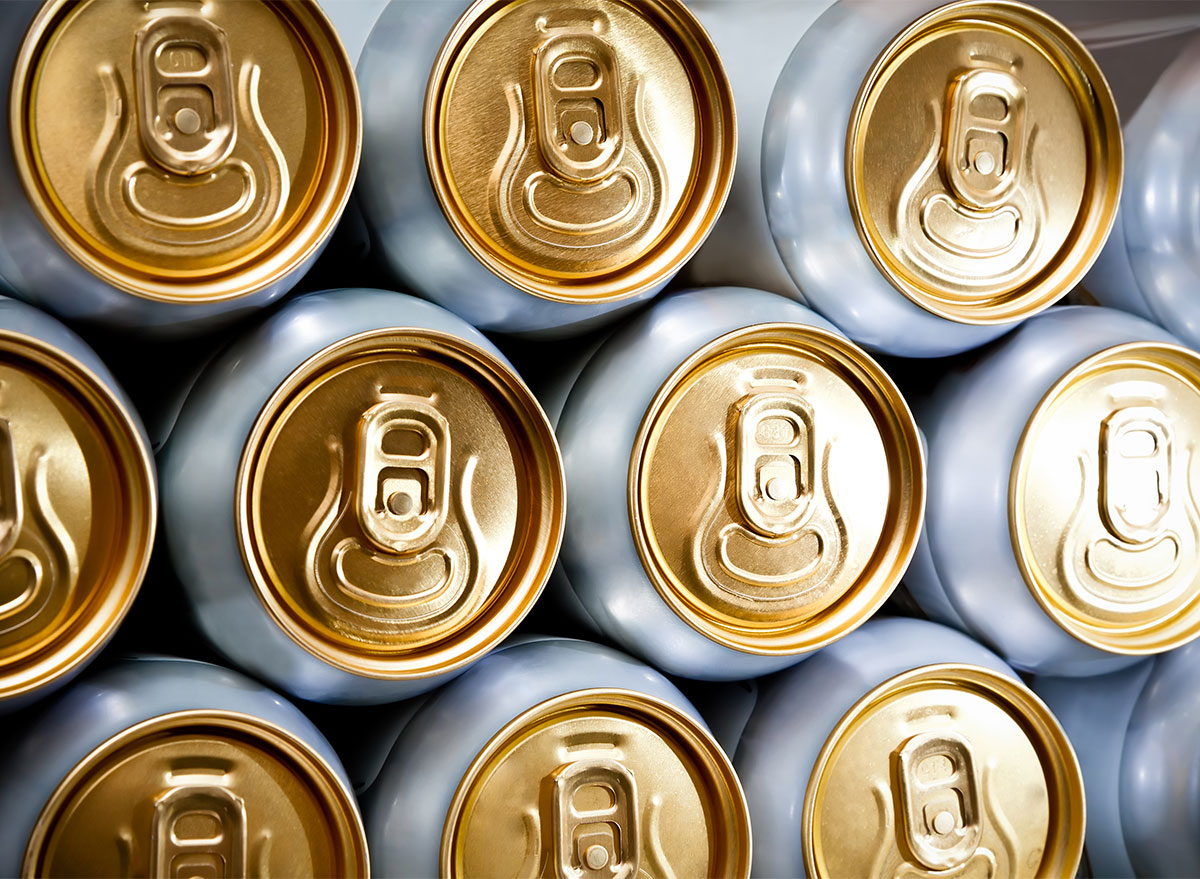
In 2017, medical experts from the popular TV show The Doctors tested the tops of aluminum beverage cans gathered from gas stations, vending machines, and grocery stores. Though most came up clean, some from the groceries were positive for E. coli, which can cause diarrhea, respiratory illness, and pneumonia.
BPA blues
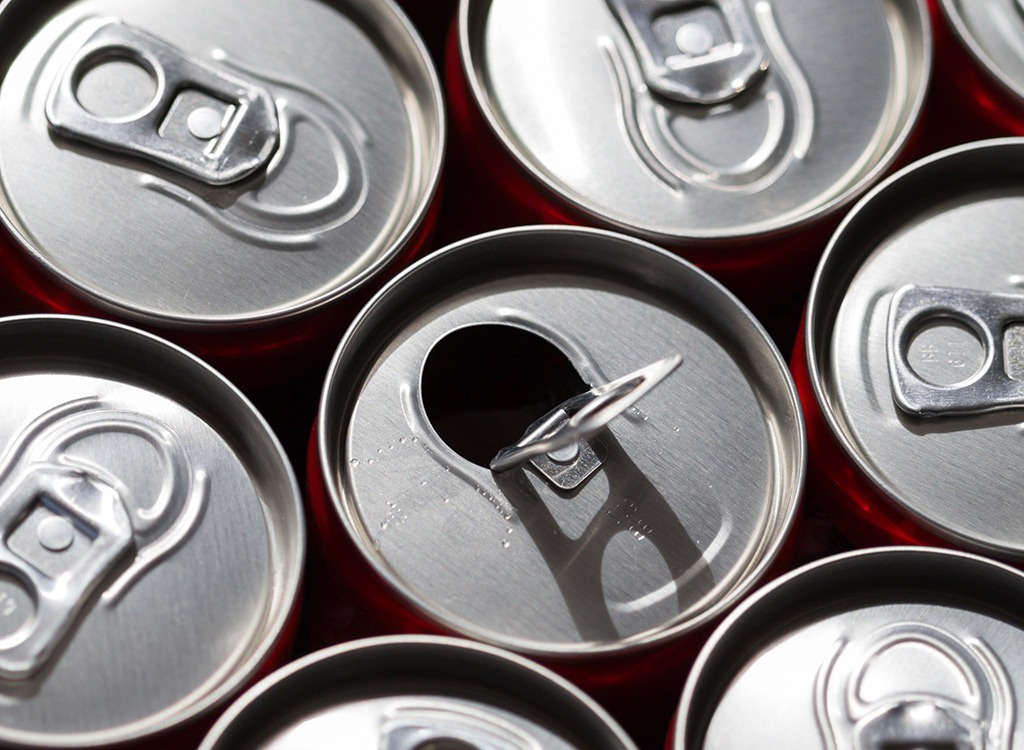
A chemical called BPA (bisphenol A) used to be a common ingredient in plastic bottles, but most manufacturers have phased it out after it was found to possibly cause hormonal imbalances. The compound is still found in the epoxy lining of some aluminum cans, though, and a 2014 study showed that BPA leaching from cans can increase blood pressure, raising the risk of heart disease.
Metallic tongue

For those with a sensitive palate, the act of putting your lips on the edge of an aluminum can could cause an adverse reaction to the metallic taste. On the other hand, glass has no metal, so you get clean and unadulterated flavor with every swig.
Rodent showers
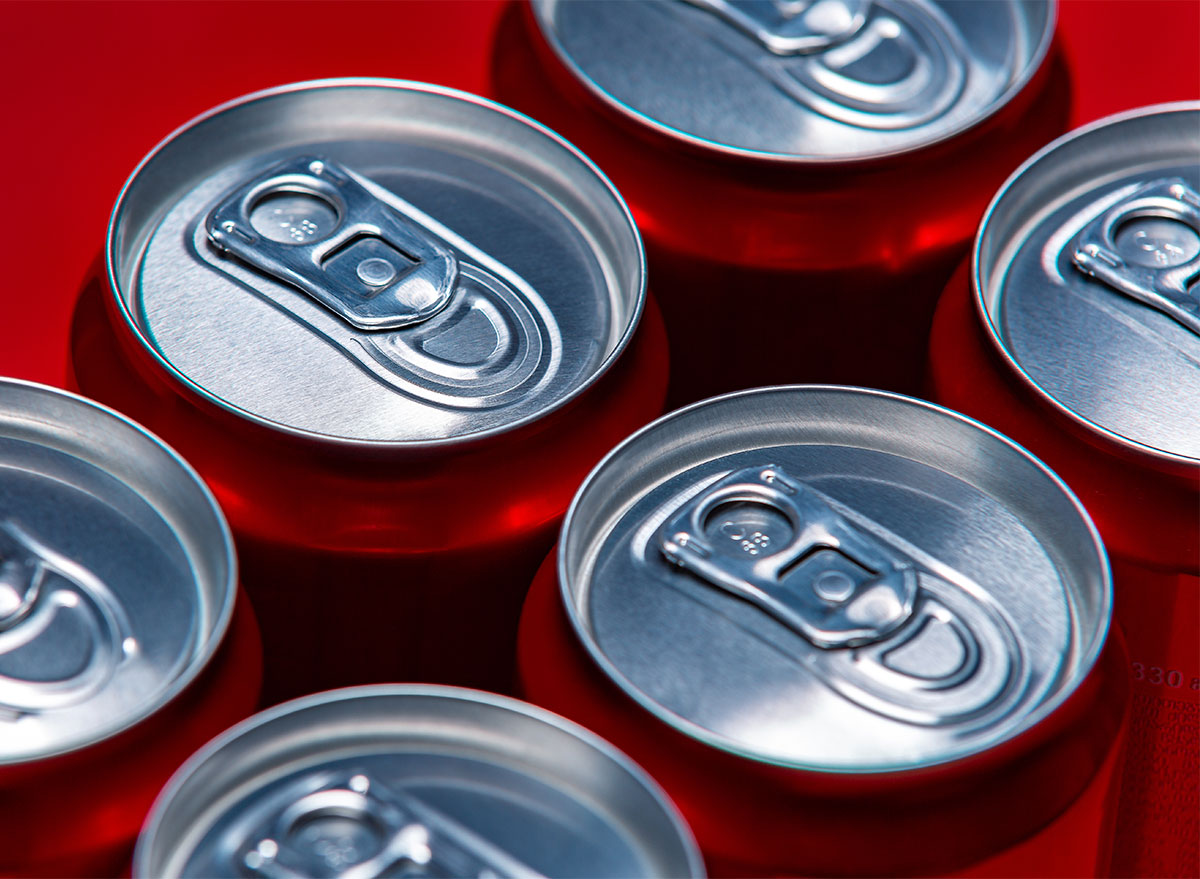
Though a long-distributed chain email scare about someone dying from drinking out of a contaminated can from a diseased rodent was false, there is still a chance that your can has seen some rat activity. Be cautious with cans you think may have been exposed, like those from vending machines.
Pathogen party
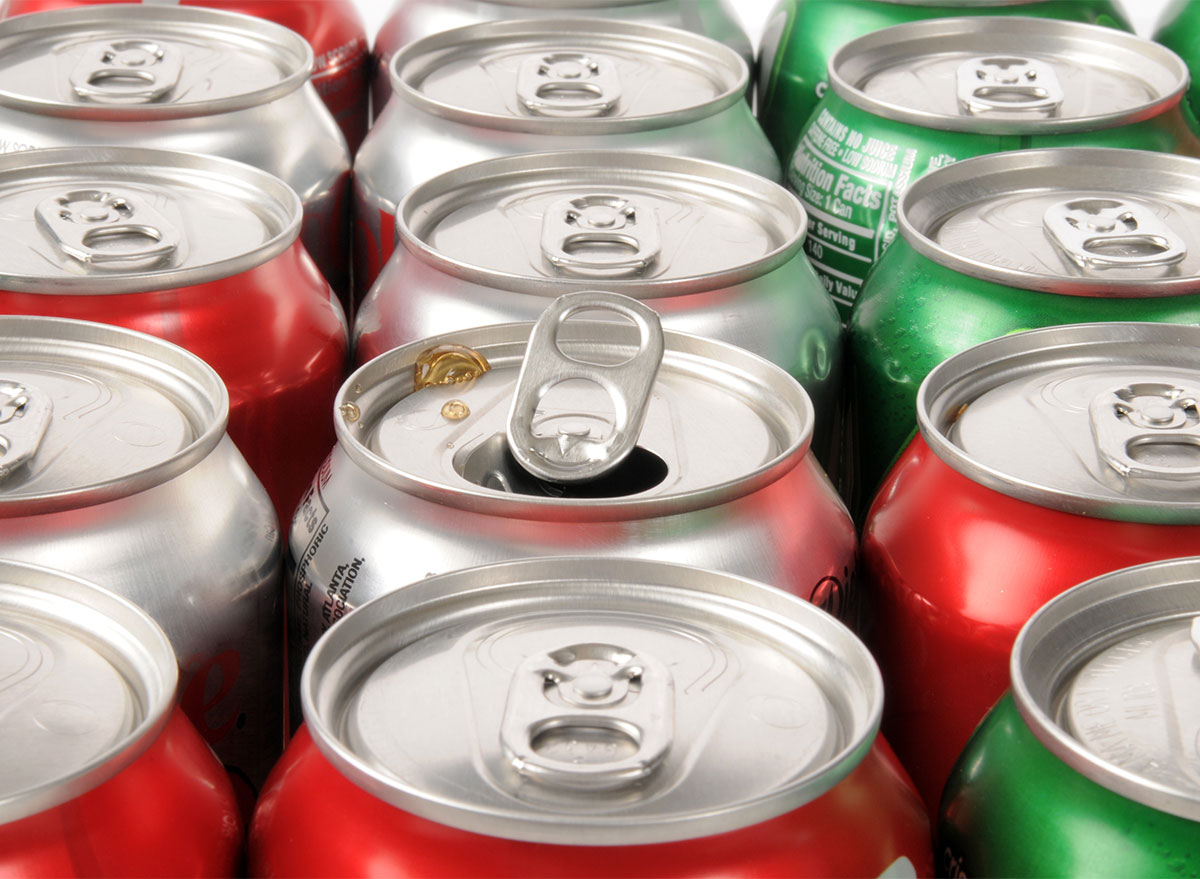
In 2013, a CBS TV station in Texas took swabs of the top of cans in gas stations, restaurants, colleges, and vending machines and found that they were infected with stenotrophomonas maltophilia, pseudomonas luteola, and enterobacter cloacae. These harmful pathogens can cause illness and infections in immune-compromised folks. Talk about another reason you should never drink directly from a can.
Environmental toll
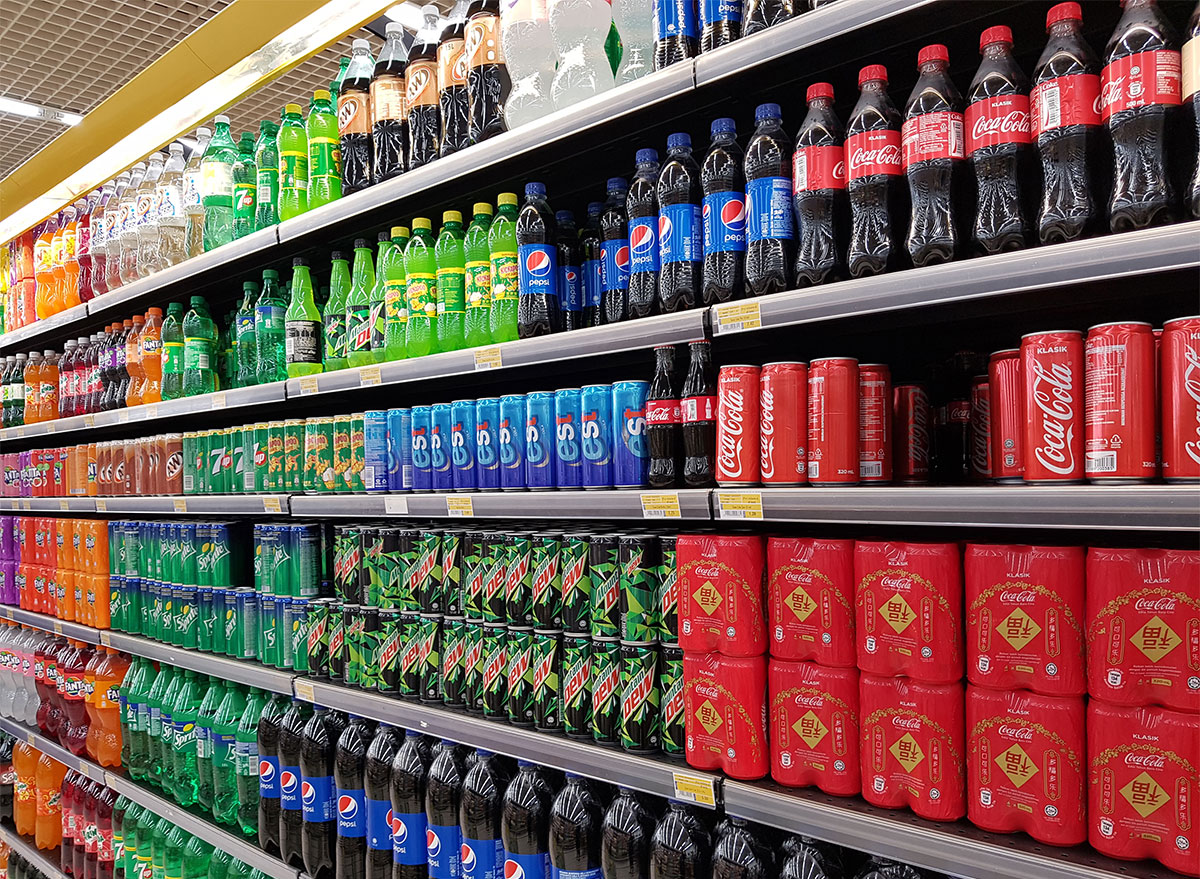
While aluminum is a sustainable resource and is 100% recyclable, the process to get aluminum from the mineral bauxite means ripping it out of the earth. Making a virgin aluminum can is estimated to exhaust about twice as much energy as creating a glass bottle, so if you’re concerned about the environment, a bottle may be the better buy.
Stinging surprise
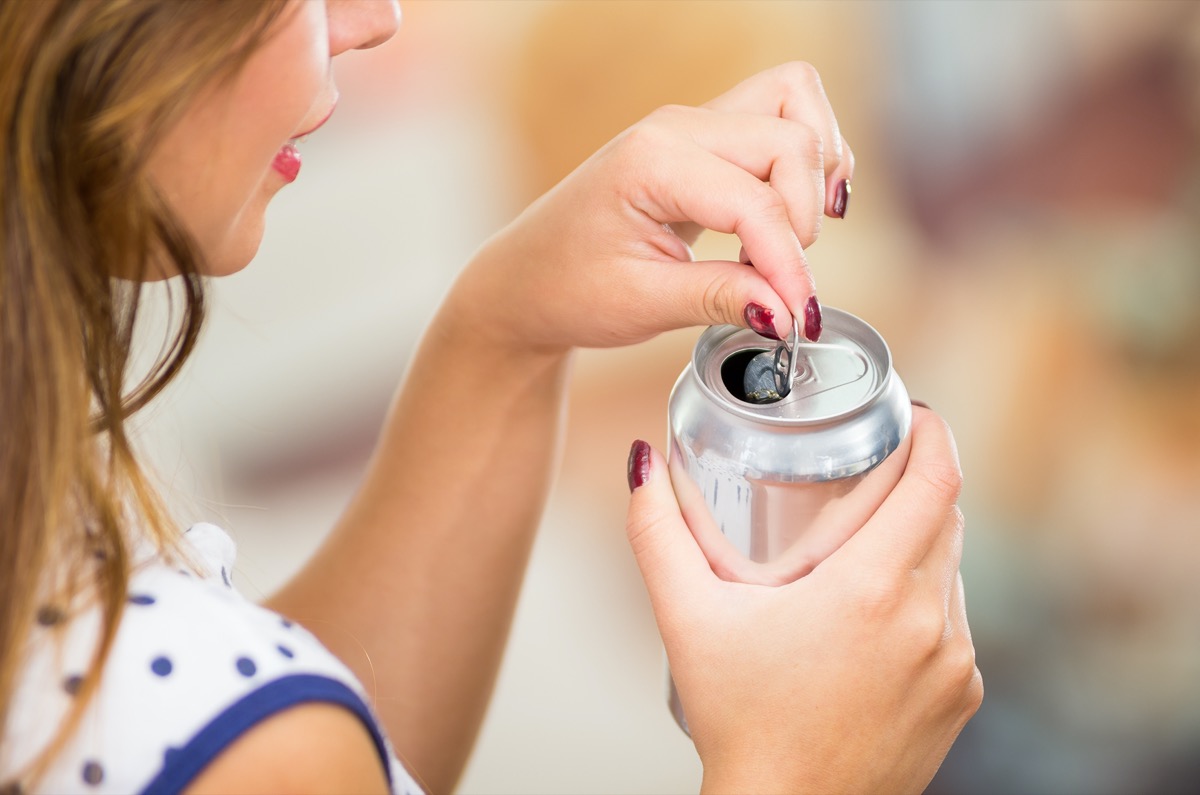
When quaffing a cold beer or sweet soda from an aluminum can, the sugars in both beverages can attract flies, or worse, bees and wasps. Leaving a can out on your picnic table while tending to the flaming BBQ grill may attract the stinging insects to the sweet beverage.
There are many disadvantages to drinking from an aluminum can, but the good news is that they are 100% recyclable and offer a light and convenient way to enjoy your favorite beverages. To protect yourself from the most immediate health concerns, make sure to rinse your can with a bit of water to eliminate most of the bad bugs.